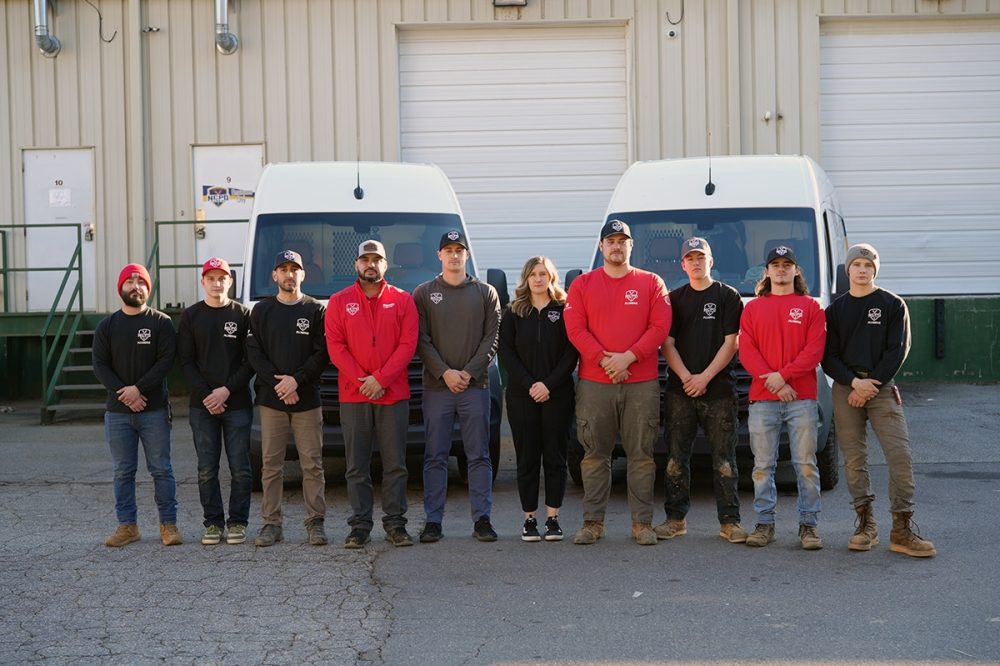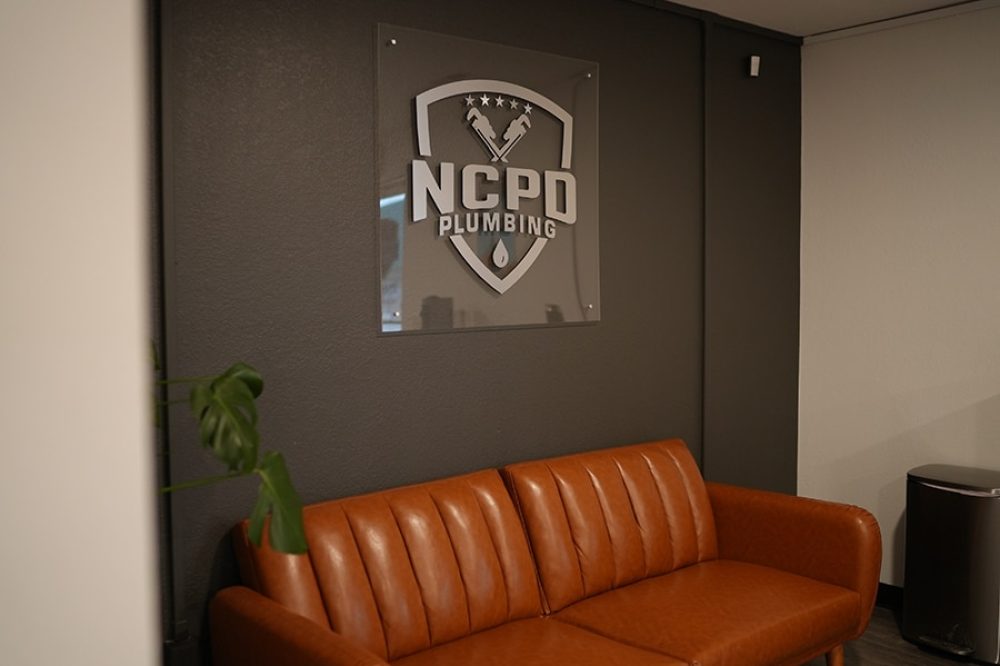Water heaters are an essential part of every home in Asheville, NC, especially during the winter months. However, when you notice that your water heater is leaking, it can be a frustrating and potentially costly problem. A leaking water heater not only wastes water, but it can also damage your home’s structure and cause mold growth, making it a serious issue that requires immediate attention. In this blog post, we will discuss the causes of water heater leaks, prevention measures, repair options, and why you should consider hiring a professional for installation or replacement.
Causes of Water Heater Leaks
A water heater leak can occur due to several reasons, including:
Corrosion: One of the most common causes of water heater leaks is corrosion. Corrosion occurs when the tank’s interior walls deteriorate, causing small holes that allow water to escape. This usually happens over time as the tank ages, and it’s more common in older water heaters that have not been maintained regularly.
Pressure buildup: When the pressure inside the water heater tank becomes too high, it can cause the pressure relief valve to leak. This is often caused by a faulty pressure relief valve or a malfunctioning thermostat.
Loose connections: Over time, the connections between the water heater and the pipes can become loose, causing water to leak from the connections.
Sediment buildup: Sediment buildup can occur when hard water is heated, causing minerals to settle at the bottom of the tank. This can cause the tank to overheat and eventually crack, leading to leaks.
Prevention Measures
Prevention is always better than cure, and when it comes to water heaters, preventive measures can help you avoid costly repairs and replacements. Here are some preventive measures you can take to avoid water heater leaks:
Regular maintenance: Regular maintenance can help prolong the life of your water heater and prevent leaks. This includes flushing the tank to remove sediment buildup, inspecting the tank for signs of corrosion, and checking the pressure relief valve for proper operation.
Temperature regulation: Keeping your water heater’s temperature below 120°F can help reduce pressure buildup, which can cause leaks.
Install a water softener: Installing a water softener can help prevent sediment buildup, which can cause leaks.
Check connections: Regularly check the connections between the water heater and the pipes to ensure they are tight and not leaking.
Repair Options For a Water Heater Leak
If you notice that your water heater is leaking, it’s important to address the problem immediately to avoid further damage. Here are some repair options you can consider:
Replace the pressure relief valve: If the pressure relief valve is leaking, replacing it can solve the problem.
Tighten connections: If the connections between the water heater and the pipes are loose, tightening them can stop the leak.
Replace the tank: If the tank is leaking due to corrosion or cracks, replacing the tank is often the best solution.
Why Hire a Professional for Installation or Replacement?
Water heater installation or replacement is a complex process that requires the expertise of a professional. Here are some reasons why you should consider hiring a professional for water heater installation or replacement:
Safety: Water heater installation or replacement involves dealing with gas, electricity, and water, which can be dangerous if not handled properly. A professional has the training and experience to handle these components safely.
Efficiency: A professional can install or replace a water heater efficiently, ensuring that it works properly and doesn’t waste energy.
Code compliance: A professional knows the local codes and regulations for water heater installation and replacement, ensuring that your installation or replacement is up to code.
Water Heater Replacement
If your water heater is beyond repair or is over 10 years old, it may be time to consider a replacement. Here are some signs that indicate that it’s time to replace your water heater:
Frequent repairs: If you’re constantly calling a technician to repair your water heater, it’s probably time for a replacement. Frequent repairs can add up, making a replacement a more cost-effective option.
Age: A water heater typically lasts for about 10-15 years, depending on usage and maintenance. If your water heater is approaching this age or older, it’s time to consider a replacement.
Inefficiency: If your water heater is not heating water as quickly or efficiently as it used to, a replacement may be necessary.
Rusty water: If you notice rusty water coming out of your faucets, it could be a sign that your water heater is rusting from the inside and needs to be replaced.
When it comes to water heater replacement, there are several options to choose from, including:
Tank water heaters:
Tank water heaters are the most common type of water heaters and use a storage tank to store and heat water.Tank water heaters are available in different sizes to meet different household needs. The larger the tank, the more hot water it can hold, but it also consumes more energy. These water heaters require periodic maintenance, including flushing the tank to remove sediment buildup.
Tankless water heaters:
Tankless water heaters heat water on demand, eliminating the need for a storage tank. Tankless water heaters are a good option for households with low to moderate hot water needs. They are more energy-efficient than tank water heaters because they don’t waste energy heating and storing water that is not being used. However, they may not be suitable for households with high hot water demands.
Heat pump water heaters:
Heat pump water heaters use electricity to move heat from the air or ground to heat water. Heat pump water heaters are energy-efficient and use less electricity than traditional electric water heaters. They are more expensive than tank water heaters but can save you money in the long run. These water heaters work best in warm climates and require a certain amount of space for installation.
Solar water heaters:
Solar water heaters use energy from the sun to heat water. Solar water heaters are environmentally friendly and can save you money on your energy bills. They use energy from the sun to heat water and are a good option for households in sunny climates. However, they may not be suitable for households in areas with limited sunlight and require a backup system for days with little or no sun.
Choosing the right water heater for your home can be overwhelming, which is why it’s important to consult a professional. A professional can help you choose the right type and size of water heater for your home and install it properly, ensuring that it works efficiently and safely.
Contact NCPD Service for a FREE Consultation about Water Heater Repair, Installation, or Replacement in Asheville, NC
Water heater leaks can be a frustrating and potentially costly problem for homeowners in Asheville, NC. Preventive measures, such as regular maintenance and temperature regulation, can help avoid leaks, but when they do occur, it’s important to address them immediately to avoid further damage. Repair options, such as replacing the pressure relief valve or tightening connections, can solve the problem, but if your water heater is beyond repair or is over 10 years old, it may be time for a replacement. When it comes to water heater installation or replacement, it’s important to hire a professional for safety, efficiency, and code compliance. At NCPD Service, we offer professional water heater installation, replacement, and repair services in Asheville, NC. Contact us today to schedule an appointment and keep your water heater running smoothly.






